Inquest delays in SA the worst in the country, leaving families in anguish
ALMOST nine in every ten SA inquests remain open and unresolved two years after the violent or unnatural deaths were reported to the coroner, leaving families frustrated and unable to work through their grief.
ALMOST nine in every ten South Australian inquests remain open and unresolved two years after the unusual, violent or unnatural deaths have been reported to the coroner, leaving victims’ families frustrated and unable to work through their grief.
Inquest delays in SA are the worst in the country, an international study has revealed, and Coroner Mark Johns says his office tries to “get through the work as fast as we can’’, but that he does not have the resources to hasten the process without potentially compromising the public interest.
Grieving families have told The Advertiser that the backlog is worsening their pain.
Natasha Palmer, whose mother Graziella Dailler was murdered in 2014, is still waiting for an inquest finding.
“The length of waiting is the hardest thing because mum passed away several years ago and we haven’t heard anything,’’ she said.
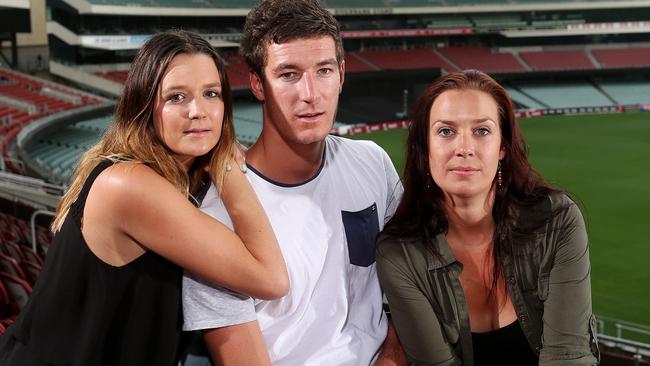
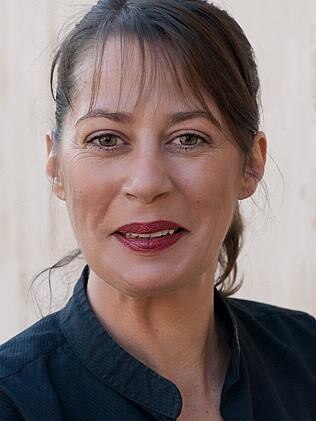
“The coroner has had the report since last August and we can’t grieve properly or move on the next phase of your emotions.’’
The Duration of Death Investigations that Proceed to Inquest in Australia study, published in the British Medical Journal’s Injury Prevention journal, has found 87 per cent of coroner’s inquests in SA were still open after two years, 29 per cent more than any other state, and after four years 18 per cent are still open in SA.
The study was led by professor of medicine and law at Stanford University, Dr David Studdert, along with University of Melbourne researchers.
It studied 5096 inquest cases closed in coroners’ courts in Australia between January 1, 2007, and December 31, 2013, which was almost all of those carried out.
The study found: “There was wide variation in the length of case closure periods by jurisdiction. At two years, for example, 21 per cent of cases were open in the Northern Territory and 26 per cent of cases were open in New South Wales, whereas much larger proportions remained open in South Australia 87 per cent, Queensland 58 per cent, Tasmania 53 per cent and Western Australia 52 per cent.
“At four years, 2 per cent and 7 per cent of cases remained open in the Northern Territory and New South Wales, respectively, while 18 per cent were open in Victoria and South Australia.”
Coroner Mr Johns, who is well respected by victim’s advocates, said his office can only do so much to speed the process.
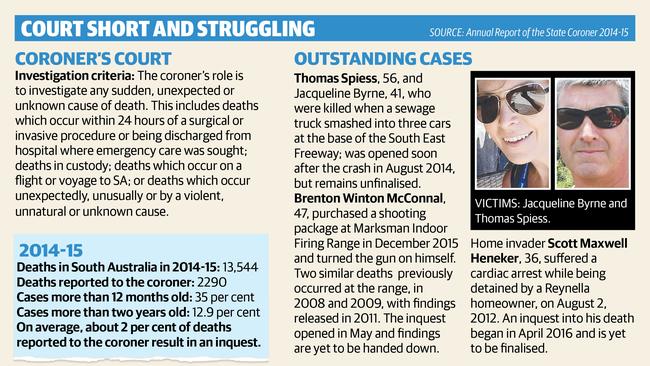
“It has been my approach to try to pick cases for inquest, bearing in mind that with deaths in custody there is no discretion, they are mandatory, that will give the most benefit for the resources put into the case,’’ Mr Johns said.
“This means that the cases tend to be complex for that reason.
“I could exercise my discretion to pick cases that could be completed more quickly as the criteria for selection, but that would not, in my opinion, be in the public interest.
“One point to bear in mind is that we are a small jurisdiction with only two coroners. If one of us is doing a particularly long inquest. For example the Wangary fires inquest, which would have fallen in the period of the study, then the overall impact is greater than in a larger jurisdiction with, say, eight coroners, where only an eighth of the capacity is lost as opposed to half.’’
Karen Edwards, who lost her son Nathan, 24, when he fell five storeys from a hotel balcony in Thailand in 2010, said waiting for closure via a coronial inquest is a around-the-clock preoccupation.
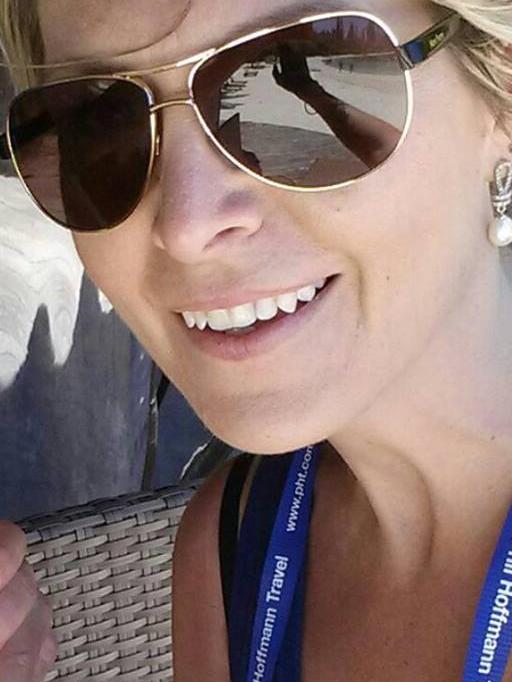
“It was four years or longer before the coroner finished with Nathan’s case and for the victim’s family it is 24-hours-a-day through the day and night,’’ she said
“Every morning you wake up you are living in hope you will get that call and it impacts on every aspect of your work.
“Nobody has a clue unless it has happened and it is even worse when they can’t find out what happened.’’
The found that long inquest delays:
CREATE poor evidence for court cases;
FRUSTRATE institutions such as hospitals which want to make changes based on findings;
THREATEN public health by delaying these changes;
SKEW the reporting of public health statistics;
DELAY compensation and insurance payments;
Commissioner for Victims’ Rights Michael O’Connell agreed with Mr Johns that his inquests had led to powerful recommendations in SA, and he was a strong supporter of the needs of victims.
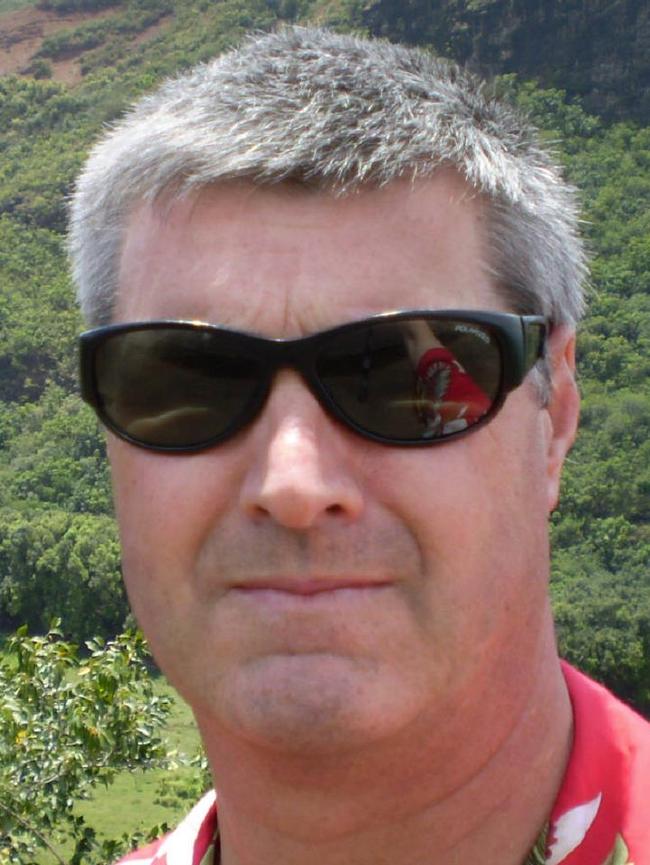
“The Coroner has been generous in providing for victim-survivor representation at inquests,’’ he said.
“In the Chris Wilson inquest (Mr Wilson was murdered in 2004 by a man he had reported to police as a threat), he approved legal counsel to represent Julie Wilson as the mother of the deceased, resulting in many recommendations for systemic change in SAPOL.
“In the Raphael ‘road crash’ matter involving a monocular diabetic driver, I funded a lawyer to review the criminal case and other matter then write to the Coroner seeking an inquest, which was agreed.
“The subsequent inquest resulted in recommendations about medical examinations and drivers licences.
“More recently, in the inquest into the death of Chloe Valentine, the Coroner allowed me standing as an interested person and via legal counsel I was able to examine witnesses and make submissions, including recommendations. Many of the pointers made were picked up by the Coroner.’’
